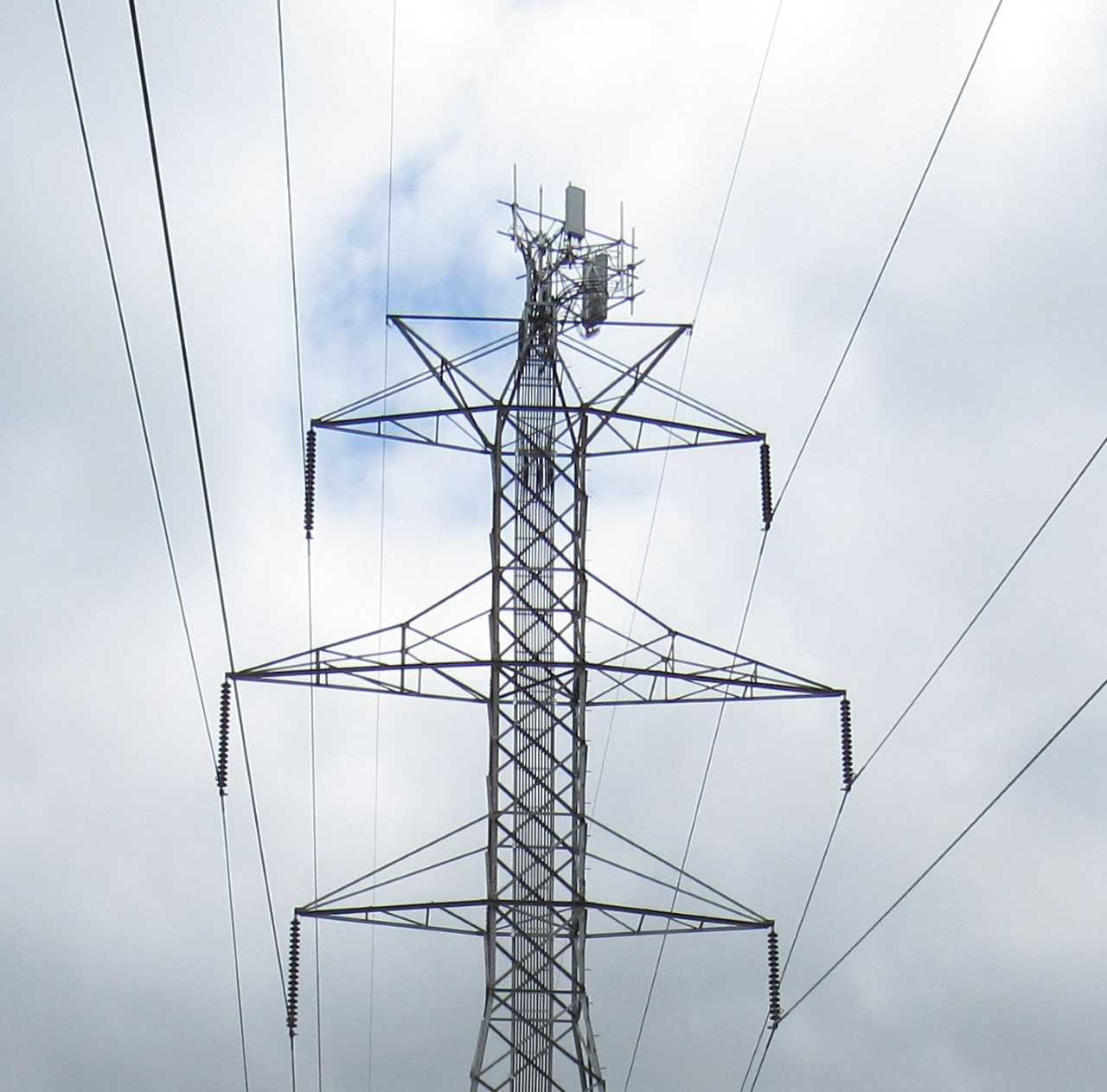Let Them Eat Cake and Have It, Too!
7/19/18
Such is the tagline of the telecom carriers when referencing pole attachments. The rates, terms and conditions that the Federal Communications Commission (FCC, the Commission) has set for pole attachments for investor-owned electric utilities have become so skewed in favor of the rather than the pole owners (now, primarily said electric utilities) that electric ratepayers are on the verge of paying all the costs of the attachments and O&M for huge, for-profit international telecom companies. Okay, but these telecom companies really want to eat the cake, too. So, now that the wireless side of these same entities touting small cell wireless attachments for 5G, they want to bypass safety protections put in place decades ago. The electric lines are housed at the top of poles with the communications lines below them on the poles to prevent workers from having to climb over live electric lines to attach or repair or reconfigure the communications lines. Prior to this change in the first part of the last century, workers lost their lives, electric outages occurred and fires were even started. Yet, rather than learn from the past, the FCC is contemplating allowing small cell attachments above the electric lines on poles in its latest order.
The FCC’s record on pole attachments is clear – electric utilities have shouldered increasingly more of the risk of owning and maintaining the poles without anything close to appropriate compensation and with little regard for the engineering precision and safety protections that must come into play when the loading and clearances on utility poles are changed by additional attachments. To date, these rule changes have only applied to investor-owned utilities and not public power and rural electric cooperative utilities, who have a statutory exemption from FCC pole attachment jurisdiction. However, legislation is pending at both the federal and state levels to circumvent the public power and rural cooperative exemption. This legislation comes while the FCC has once again drafted new rules that compromise electric reliability and reduce rates for the big incumbent telecom carriers. Make no mistake, this is a well-planned and executed strategy to put legislation and regulation in place to maximize electric utility pole attachment infrastructure for the benefit of communications providers and at the expense of electric ratepayers.

But, what about rural broadband? What about 5G and the small cells needed to get us there? Small cells don’t get broadband service to rural areas – they are intended for more densely populated urban and suburban environments. So, when you hear about small cells and 5G, they’re not going to help those unserved and underserved areas that have been ignored by the carriers for at least two decades. Electric utilities are part of the solution on broadband where they are not restricted by state law from providing retail broadband services. Utilities are also offering wholesale fiber optic capacity on their networks to commercial communications providers, and some utilities have partnered with commercial communications providers to deploy fiber networks and provide broadband services together.
Even more fundamentally, what baffles me about the whole pole attachment debate is this: electricity is essential to the provision of all telecommunications services, so the pressure that the telecom carriers are putting on the grid with the unreasonable, costly and unsafe pole attachment policies for which they have pushed could impact electric reliability. In turn, telecom reliability will be impacted. So, what gives? Why would they want their actions to cause their product to be less reliable? I can only think of two reasons: 1) they don’t understand the relationship between electric reliability and telecom or 2) they don’t care about the reliability of their own services.
Regardless of which answer is correct, the cake that the telecom carriers have been gorging on may eventually cause a stomach ache. The bottom line is that “let them eat cake” never benefited anyone in the end, and we should start having honest discussions about our mutual needs.
